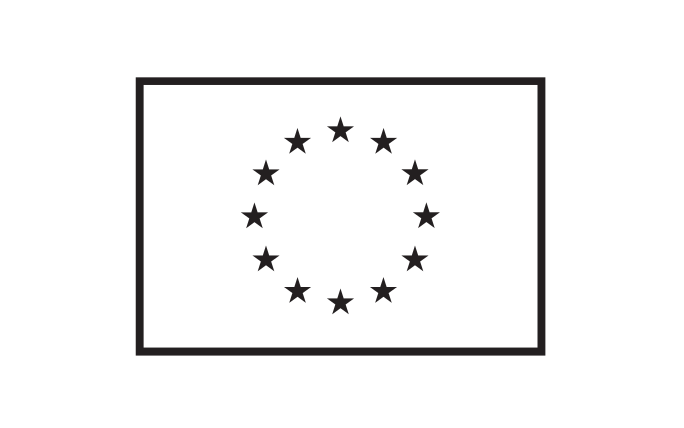The complement group in Oslo has for many years studied the role of complement in different diseases. They have over the years developed effective in vitro models to study complement in blood and tissue, and have further pushed this by studying the role through inhibition of different molecules. Recent research has looked at the effect of combined inhibition of complement molecules and toll-like receptors to study the effect in diseases with altered immune regulation. This occurs in a range of diseases such as sepsis, trauma and ischemia reperfusion injury. The results in vivo in pigs and in vitro have shown decreased immune activation in regards to cytokine release, cell activation and complement proteins.
The aim of this project is to study the interaction between complement and the rest of the immune system, and to identify the effect of lost immune components on the body. The CORVOS program aims to study the role of the innate immune system in immunocompromised patients, and with this project we aim to identify the role of complement in different forms of immune states. The different projects will aim to imitate different forms of immunocompromised states by inhibiting molecules and cells, and thereafter study the effect this has on the system as a whole. Together these projects will provide an in-depth study on the role of innate immunity and complement in immunocompromised patients. Hopefully, these projects will lead to new knowledge that can be translated to clinical settings, and therefore improve the quality of life and decrease morbidity and mortality in many patients suffering with a wide array of immune compromised diseases






